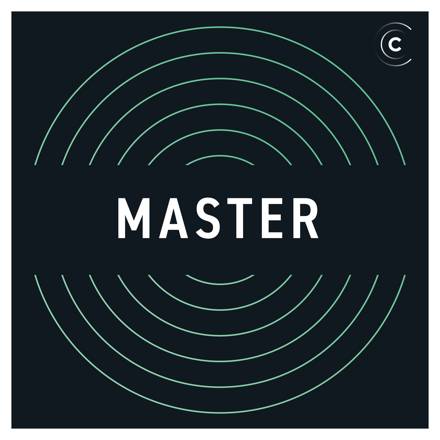Who in the world is Jia Tan?
The big story right now is the recently uncovered backdoor in liblzma (aka XZ) – a relatively obscure compression library that happens to be a dependency of OpenSSH.
This incident is noteworthy for so many reasons: the exploit itself, how it was deployed, how it was found, what it says about our industry & how the community reacted. Let’s dig in!







